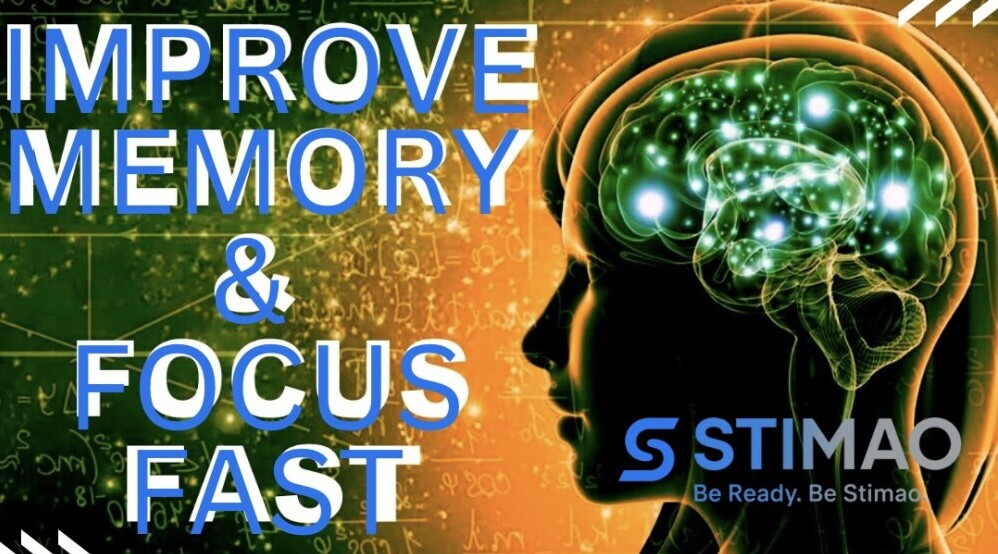
Ever wonder why you sometimes walk into a room and completely forget what you came for? It turns out, there’s a bunch of factors playing hide and seek in your brain. Information overload and stress are modern-day villains causing havoc with our cognitive skills. Our brains are constantly bombarded with too much data, and this excess can short-circuit our focus and memory.
Our busy lives often lead us to skimp on sleep, one of the vital ingredients for memory consolidation. The brain needs those restful hours to process information and solidify memories. And don’t get me started on technology. With notifications popping up everywhere, staying attentive is a real challenge, making our brains frazzled and forgetful.
Beyond these lifestyle factors, the simple biology of our brains also plays a role. As we age, natural changes can affect memory capacity. Sometimes, it’s just our brains working a bit slower, and that’s perfectly natural. Emotional aspects like anxiety or depression can add fog to our mental clarity, too, making it tougher to remember things.
Why is it that some people have an elephant-like memory, while others struggle to recall what they had for breakfast? Well, genetics can give some folks a head start, but that’s not to say the rest of us are doomed. Cognitive skills are highly trainable, even if some have to practice a bit more.
The bottom line is, memory and focus aren’t a fixed skill set—they fluctuate based on environment and practices. Understanding these foundational challenges is the first step towards improvement.
Proven Strategies for Enhancing Memory and Focus: Embracing Practical Techniques
Boosting your memory and focus isn’t just about using willpower or endless coffee. It’s about smart techniques that fit easily into your day. Ever heard of the 2-7-30 rule? It’s a game changer for memory. Basically, it suggests reviewing new info 2 minutes after you learn it, again after 7 hours, and once more after 30 days. This helps info stick in your long-term memory. Neat, right?
Meditation and mindfulness aren’t just wellness buzzwords—they’re brain boosters. Just spending 5-10 minutes a day being mindful can sharpen your concentration. It’s like a workout, but for your brain. Speaking of workouts, physical activity is a powerhouse for the mind too. Keeping fit boosts blood flow and brain health overall, lifting that mid-afternoon brain fog.
Nutrition isn’t just about keeping your waistline in check; it’s fuel for your mind. Foods rich in omega-3, like fish and walnuts, are particularly brain-friendly. A good mix of fruits and veggies delivers antioxidants that protect brain cells. Hydration matters more than you’d think. Dehydration can lead to foggy thinking, so keep that water bottle handy.
Sleep is your brain’s reset button. Aim for consistent sleep patterns to help memory consolidation. Naps can also be powerful little boosts if nighttime sleep isn’t cutting it. And let’s cut to the chase: distraction is the enemy of focus. Consider controlling your environment by keeping devices out of reach during key tasks. Try tools and apps designed to block distractions.
It’s about setting yourself up for success by knowing your mind’s strengths and weaknesses and using daily practices to sharpen them. These strategies don’t require drastic life changes—just small adjustments here and there for a stronger, more focused mind.
Implementing Long-term Solutions: Creating Habits for Lifetime Memory Optimization
Once you’ve got the hang of the basics, it’s time to turn these strategies into lifelong habits. Consistency is key when it comes to keeping memory sharp and focus keen. The more your daily routine supports cognitive health, the more natural it becomes.
Your environment plays a crucial role, too. Keeping your workspace organized can cut down on mental clutter, making it easier to focus. Set reminders not just for tasks, but also for taking breaks. Yep, breaks! They prevent burnout and keep your brain fresh.
Crafting routines that include regular mental and physical workouts helps your brain stay in top shape. Whether it’s a daily walk or a quick crossword puzzle, balancing physical and cognitive exercises is like giving your brain a double boost.
People might say memory enhancement is a myth, but the reality is habits make a big difference. With everything else in life, repetition is the key to habit formation. Over time, your brain gets used to new routines, and tasks that once seemed impossible become second nature.
These long-term strategies aren’t just quick fixes. They’re about forging a sustainably sharp mind. Incorporating these habits into everyday life ensures that your memory and focus remain as sharp as ever, no matter your age or stage. Why? Because memory ability is indeed something you can continually improve, making it a lifelong journey worth embarking on.





